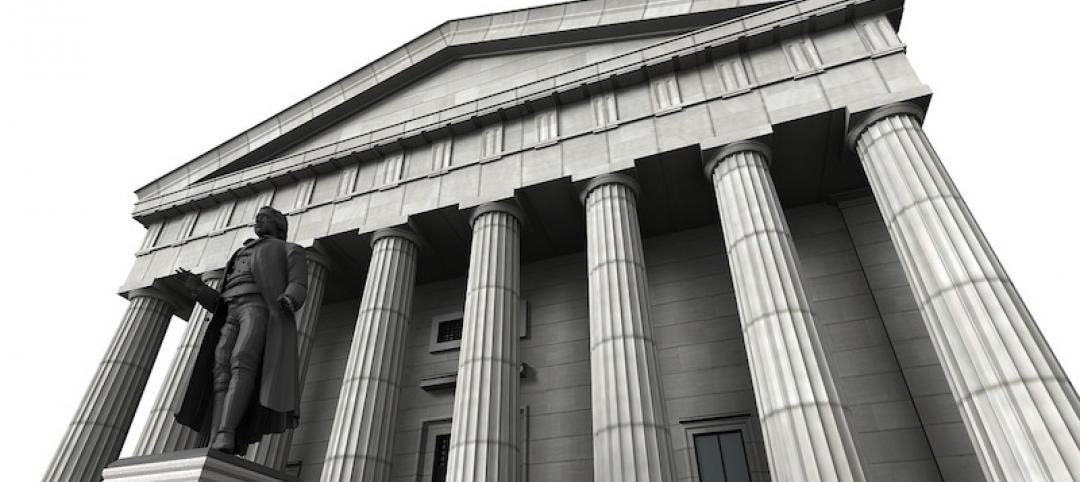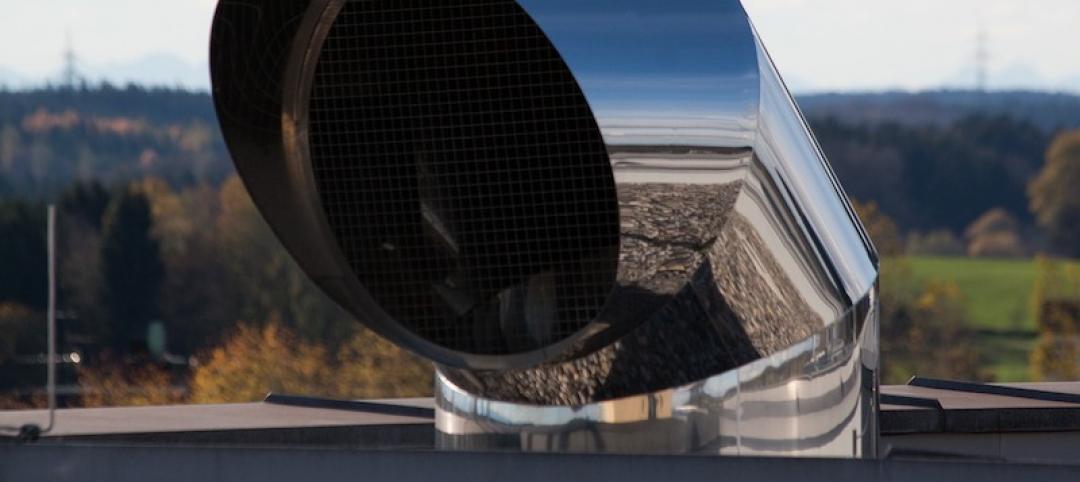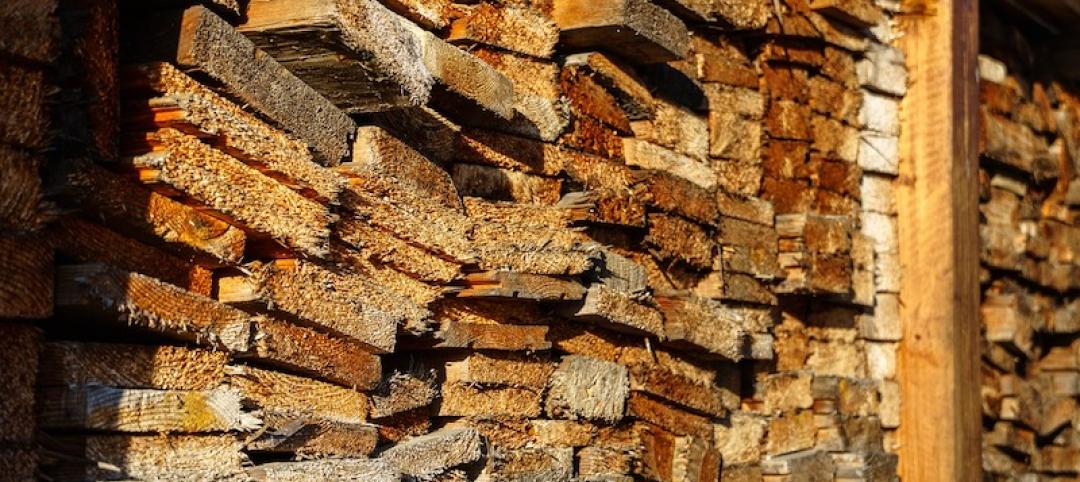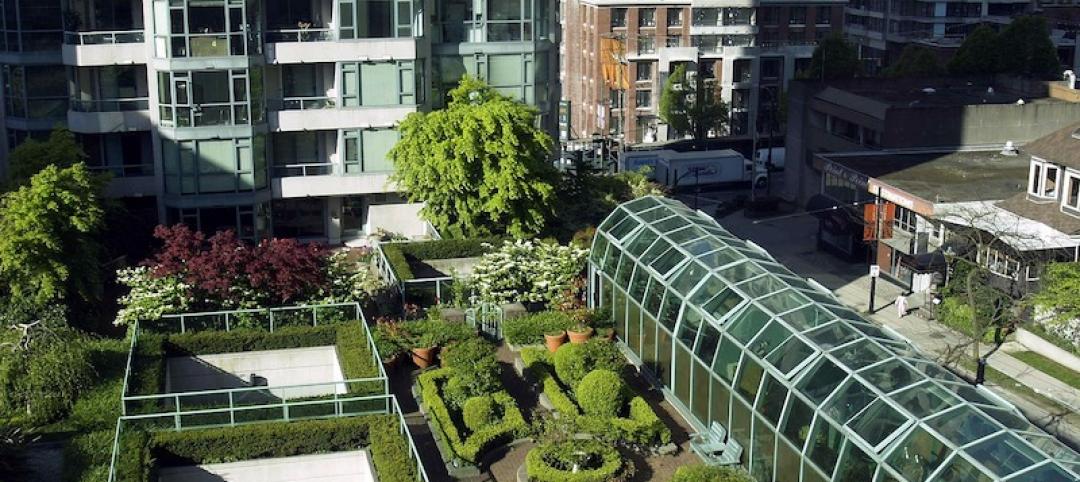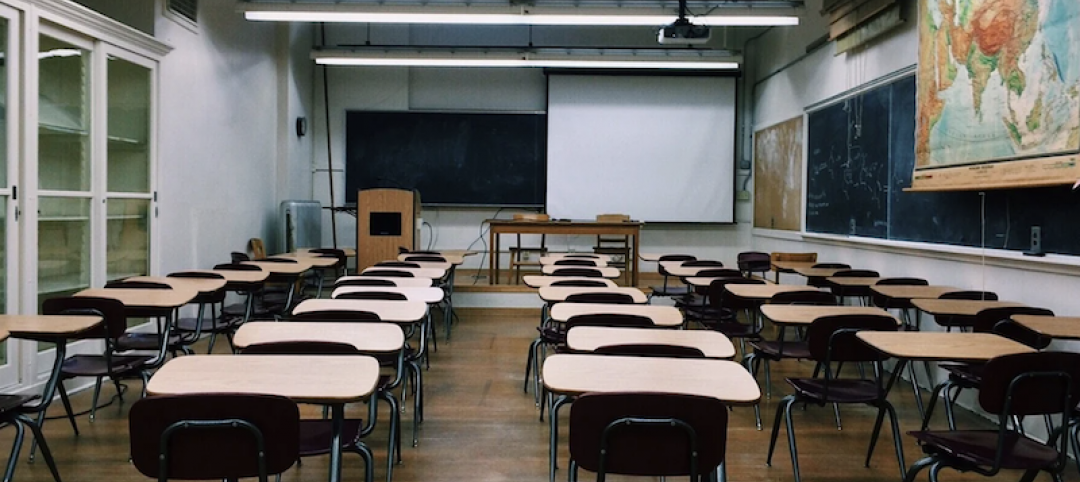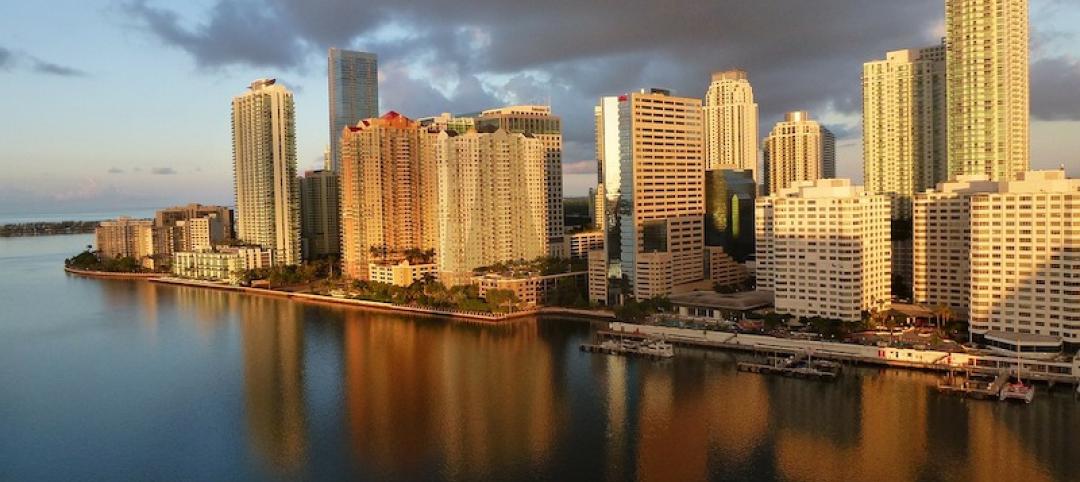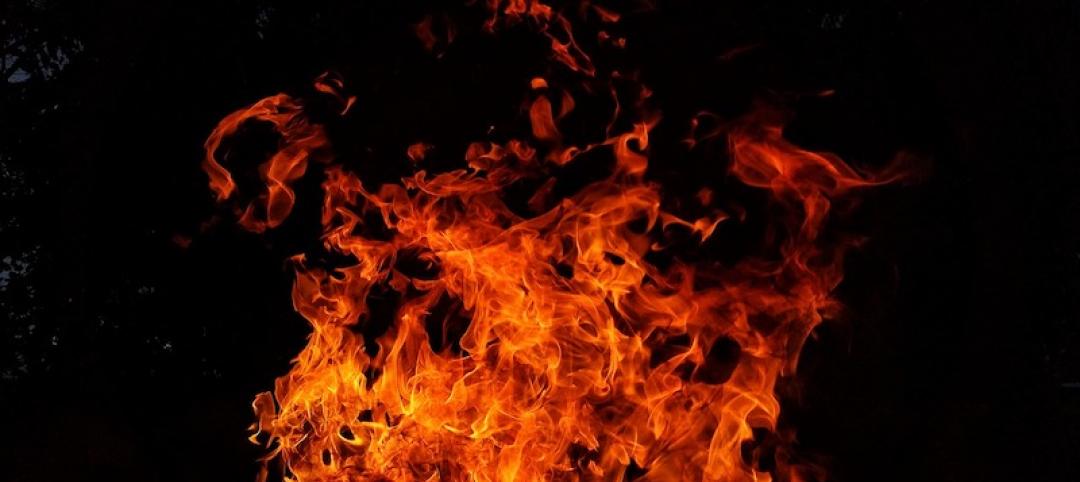The Washington D.C. Council recently passed legislation that will make it more expensive for owners to hold vacant or blighted property.
The Vacant Property Enforcement Act of 2016 reduces the maximum amount of time a vacant property can qualify for an exemption from higher vacancy tax rates. It also closes a loophole that allows continuous renewal of construction permits to qualify for tax exemptions, and require owners of vacant properties to prove they are no longer subject to the higher tax rates.
"The District has a substantial number of vacant properties, many of which are poorly maintained,” the bill report says. "Property owners may keep their properties vacant or fail to maintain them because they expect property values to rise over time. Poorly maintained and vacant properties can damage surrounding communities by being eyesores, by serving a venue for drug use and by providing a home for rodents or other animals. The net effect is to reduce the feeling of a cohesive community and depress surrounding property values."
The legislation reduces the time an owner can claim an exemption from higher taxes because of construction to one year for residential properties and to two years for commercial properties. Fines for failing to comply with city property regulations will rise from $1,000 to $5,000.
Related Stories
Codes and Standards | May 18, 2021
Cross-laminated timber performs better than expected in shear test
Tests conducted in support of new criteria for design of CLT diaphragm.
Codes and Standards | May 17, 2021
Latest Manual on Uniform Traffic Control Devices criticized for not considering bikes, pedestrians
More than a dozen advocacy groups want feds to start over.
Codes and Standards | May 13, 2021
LEED-certified federal buildings don’t use less energy than average
May be due to trade-offs on how score is developed.
Codes and Standards | May 12, 2021
White paper examines how to reduce pathogen transmission in ventilation
Pressure barriers and airflow distribution can be effective in existing buildings.
Codes and Standards | May 11, 2021
Pressure builds on White House to rein in cost of lumber
Spike in prices has added nearly $36,000 to price of average new home.
Codes and Standards | May 11, 2021
Residential codes should be upgraded to protect from cooking pollutants
Report examines ventilation standards, calls for increased public awareness of issue.
Codes and Standards | May 6, 2021
Blue roofs can provide relief to overwhelmed stormwater systems
Benefits most evident in industrial commercial areas.
Codes and Standards | May 5, 2021
Majority of schools took steps to improve air quality during pandemic
Districts still have unmet needs, face high costs and outdated building infrastructure.
Codes and Standards | May 4, 2021
Cost to keep Miami dry over next few decades is $4 billion
Rising seas demand big investment.
Codes and Standards | May 3, 2021
Fire stops critical to preserving three-decker housing
Old multi-family structures continue to provide badly needed homes in urban zones.





